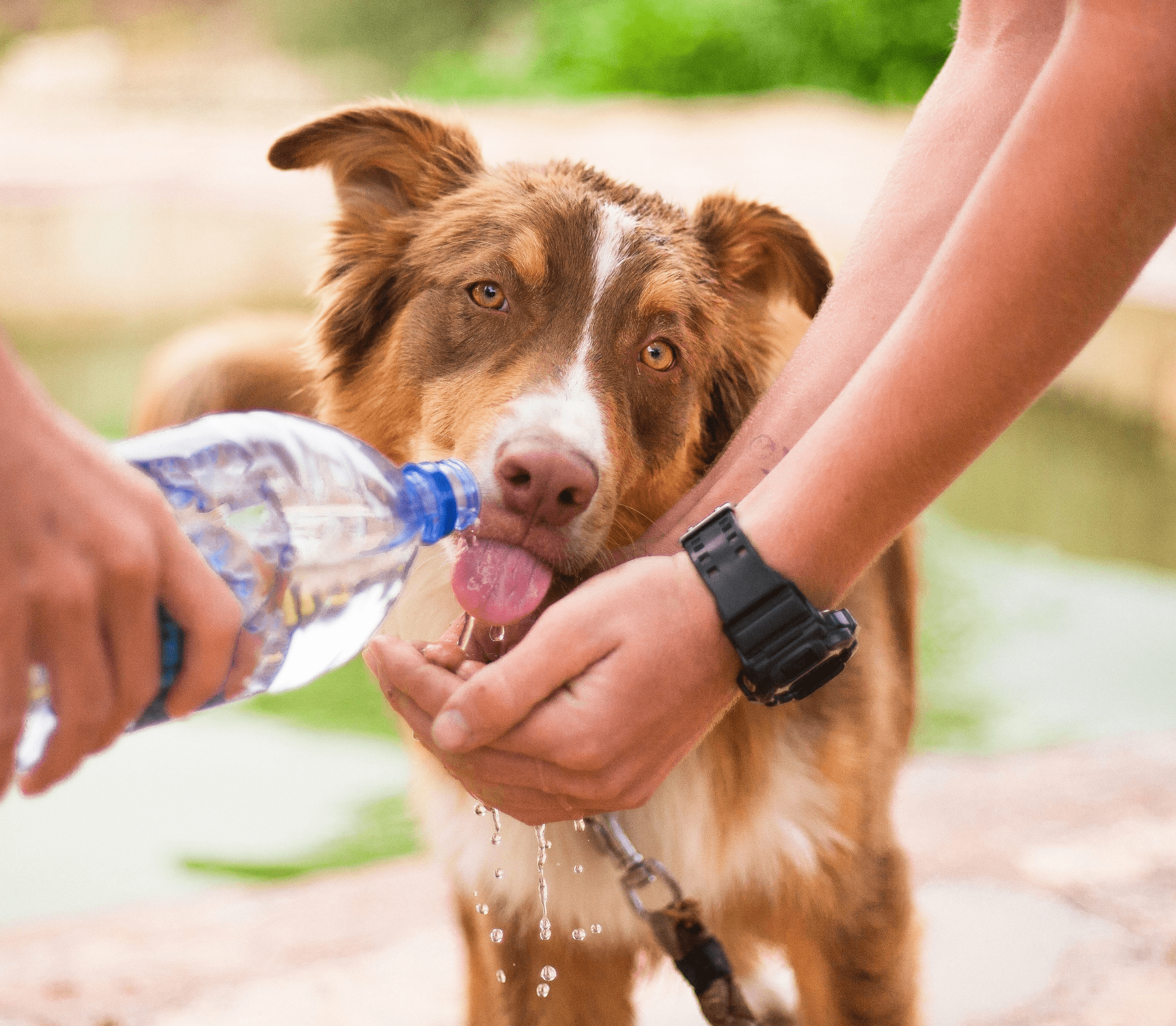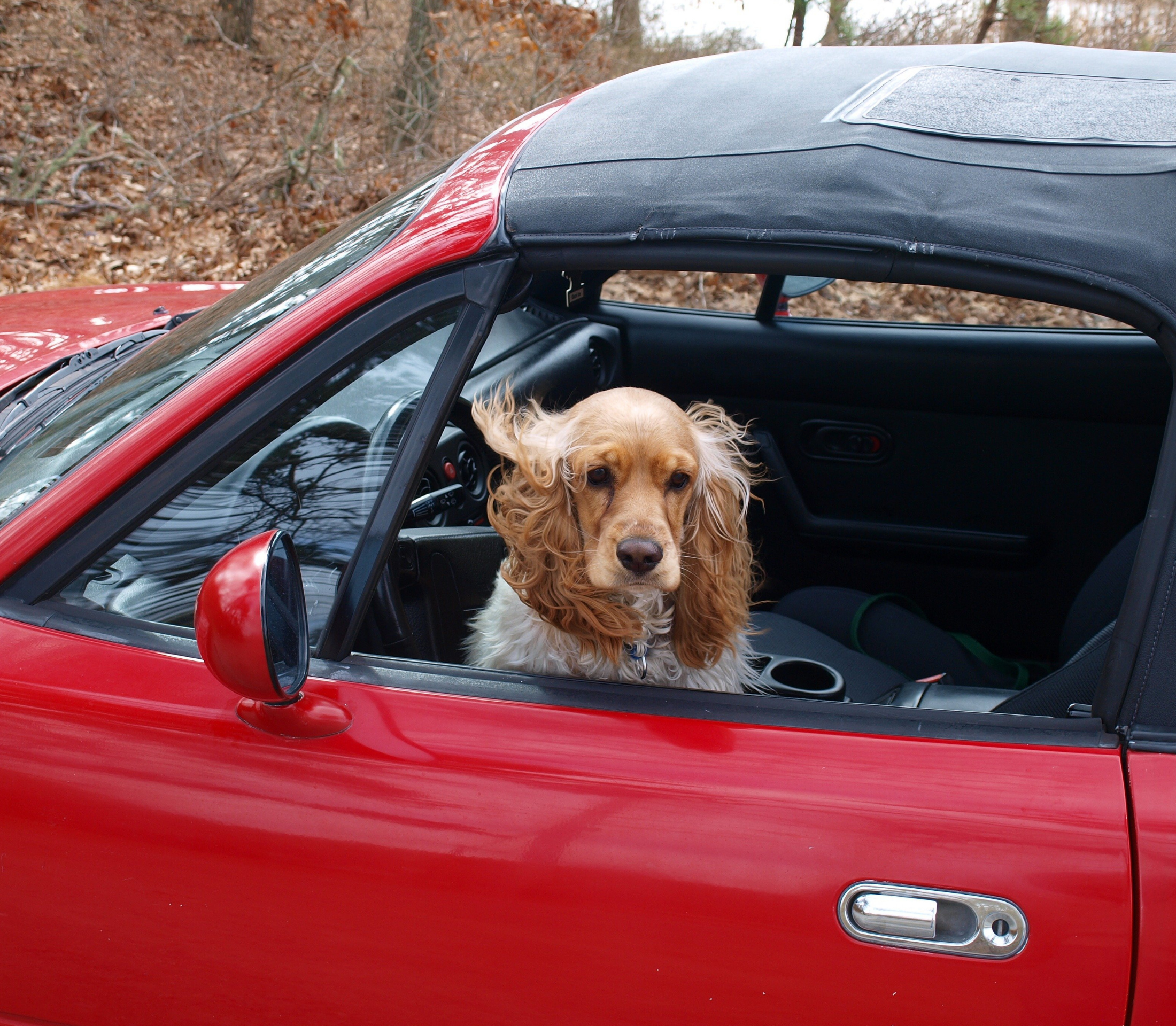Fido’s First Aid Kit
April is Pet First-Aid Awareness Month! This is definitely a very important topic for dog owners. Fido is playful, curious, and more than a little prone to mischief. Those traits can be a dangerous mix. Accidents and injuries can happen very quickly. If your canine companion is ever hurt, you may need to perform some first aid at home before you can safely transport him. A Washington DC veterinarian offers some tips on creating a first-aid kit for dogs in this article.
Premade Kits
You can find ready-made first-aid kits at most drugstores or big box retailers, or you can order one that was specifically made for Fido. No matter what kind of kit you get, you can spruce it up by adding some pet-specific items. Some of the things you may want to add include towels, gauze, non-stick bandages, hydrogen peroxide, stypic powder, milk of magnesia, activated charcoal, tweezers, a magnifying glass, scissors, an eye dropper, a turkey baster, round-end scissors, gloves, alcohol wipes, and saline solution. We also recommend adding a muzzle and spare leash.
Storage
An emergency kit is definitely not something you want to spend time looking for in an emergency. Keep the kit with or near Fido’s travel carrier, in a spot that’s easy to reach. If you like to hike and/or camp with your four-legged friend, you may want to get a second one and keep it in the car.
Contact Numbers
Time is definitely of the essence when it comes to first aid. Always call ahead when coming into the clinic for an emergency, so they can prepare. Keep the relevant numbers handy: store them in your phone, and write them down on the paperwork included in your kit. Our number here is 301-683-7117. You may also want to include the Pet Poison Helpline number, which is 800-213-6680. (Charges may apply.)
Information
In an emergency, you don’t want to waste precious minutes trying to look up what to do. Buy or print a good pet first-aid kit or brochure, and keep that with the kit. Smartphone users may also want to download a pet first-aid app. (Tip: the American Red Cross has a good one.) We’d also recommend including printouts of Fido’s medical records, especially if he has known allergies or health problems.
As your Washington DC pet hospital, we’re always here for you. Please contact us anytime!



